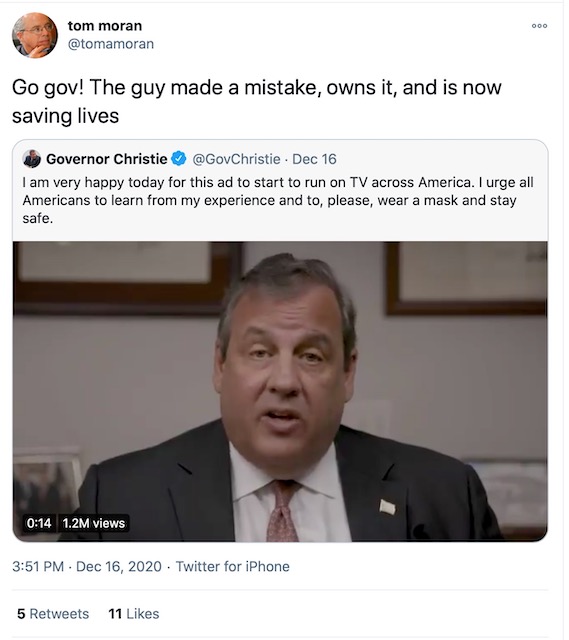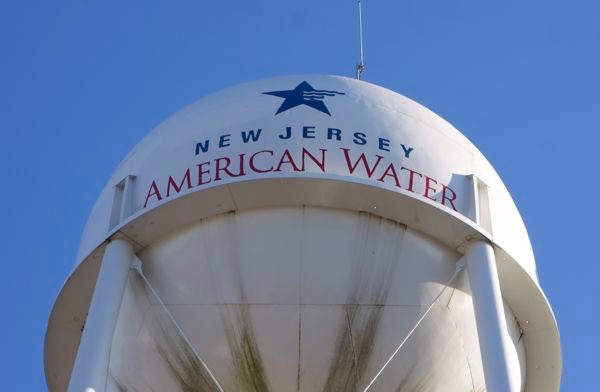In Praise Of Monsters
Obscene Scenes Inside The Gold Mine
This may seem like very small change at a time when (among so many other obscenities):
- the President of the US is promoting fossil fuels while denying the climate emergency, engaging in a covert genocidal COVID “herd immunity” strategy that killed over 300,000 Americans, and is openly planning what amounts to a coup;
- the world’s most prestigious consulting firm recommended a rebate program for oxycontin OD deaths;
- Boeing aircraft crashed (twice) and 346 people were killed. The accident investigation found that the plane had a major design flaw – a flaw that was criminally concealed from regulators – and was the result of a deregulated and privatized FAA review process. After minor software band aids, the plane is allowed to fly again and privatization and deregulation policies continue unscathed;
- Congress approves a $4.5 TRILLION corporate bailout under the CARES Act – preceded by a massive $1.5 TRILLION tax cut for corporations and billionaires and followed by an additional $740 billion for the military – but as millions of Americans lose their jobs, healthcare, savings, homes, and face foreclosures and evictions and swamp soup kitchens, Congress can’t provide Medicare for All, a guaranteed basic income, or adequate housing and food;
- Over 74 million Americans vote for a demented sociopath for President and 75% of them believe the election was stolen and the deadly COVID pandemic and climate emergency are “fake news”.
What was it that Dr. King said about “approaching spiritual death”?
A nation that continues year after year to spend more money on military defense than on programs of social uplift is approaching spiritual death.
Are we there yet? I think so.
But, sometimes the small things are even more revealing and just as obscene, if not quite as deadly.
Here’s two recent NJ examples that made me puke:
1. When NJ Gov. Christie was photographed alone on the beach closed to the public, everyone understood exactly what was going on and the disgust, anger, shame and outrage were universal.
That scene – on top of Bridge-Gate – defined Christie as a person and politician.
Recently, Christie was in the national spotlight once again – and he should have faced the same shame and outrage.
But, Tom Moran, my childhood friend and current editorial page editor at NJ’s largest newspaper, the Newark Star Ledger, tweeted out this praise of a monster:
Liberal Tom Moran – I think he calls himself a Catholic to boot – fails to note that Gov. Christie – like Trump and his fellow COVID denying cronies – was provided quality health care and access to experimental treatments that very, very few Americans have, while millions suffer and die for lack of access to that same care and treatments.
A self promotional video is not penance or redemption for that outrage.
BTW, Moran has never fully “owned” his corrupt endorsement of Christie for Gov. in *** 2009.
*** I stand corrected by an astute reader: Moran endorsed in 2013 (which is actually worse, because he had 4 years to observe the man and obviously fell for Christie’s disgusting self promotion in the wake of Superstorm Sandy). I confused Moran with Dave Pringle, who endorsed Christie in 2009. Apologies for that error. Senior moment!
[Update: 12/25/20 – Jeffrey St. Clair:
+ Chris Christie, who prosecuted Kushner, told PBS that: “It’s one of the most loathsome, disgusting crimes that I prosecuted…. And I was a US attorney in New Jersey…so we had some loathsome and disgusting crime going on there.” Takes one to really know one, I guess. ~~~ end update]
2. Former NJ Gov. Christine Whitman has the blood of thousands on her hands as a result of her lies that the post 9/11 air in Manhattan was safe to breath.
She has not – as Tom Moran would say – fully admitted and “owned” that crime, nor is Whitman now “saving lives”.
And Whitman has never admitted, apologized for or “owned” all these additional lies and actions, which are just as deadly as her post 9/11 lies – including denying and delaying for over a decade any EPA actions on climate change. For an inventory of all that, see:
Instead, of shaming Whitman and holding her accountable for her deplorable record, Whitman is another Monster being praised by NJ’s sycophantic media, see:
NJ Spotlight and its consolidation with WNYC, is betraying its founding mission and really going down the tubes (pun intended).

